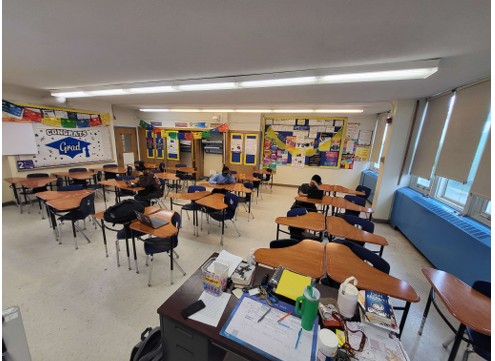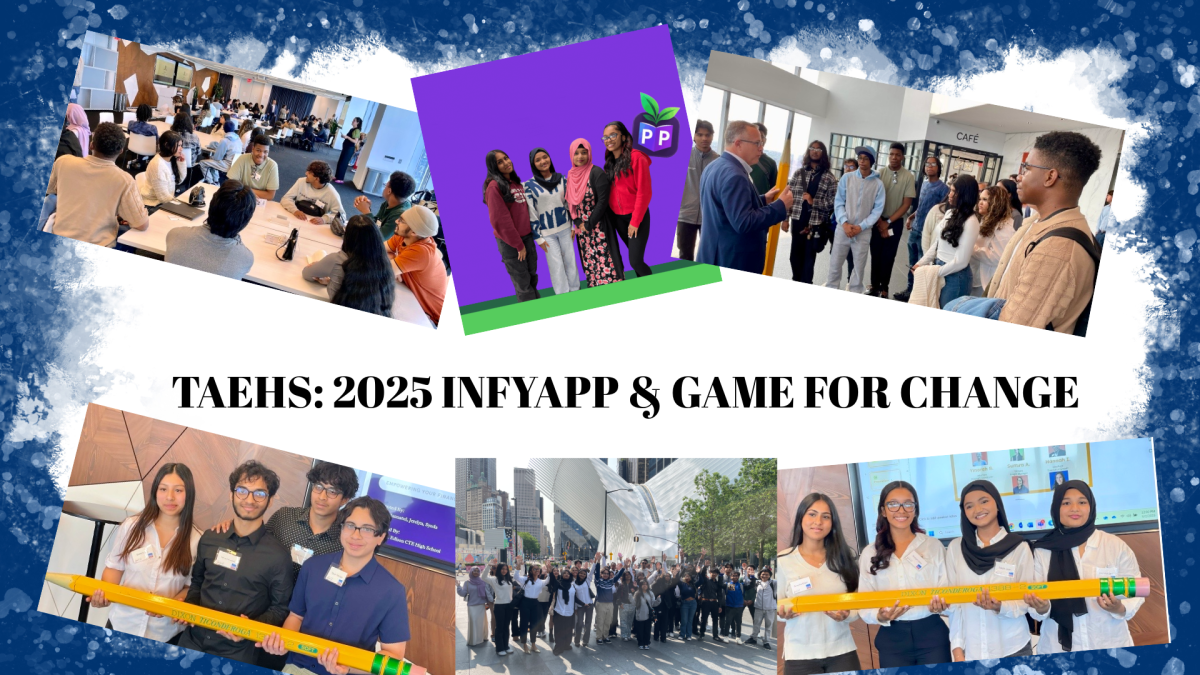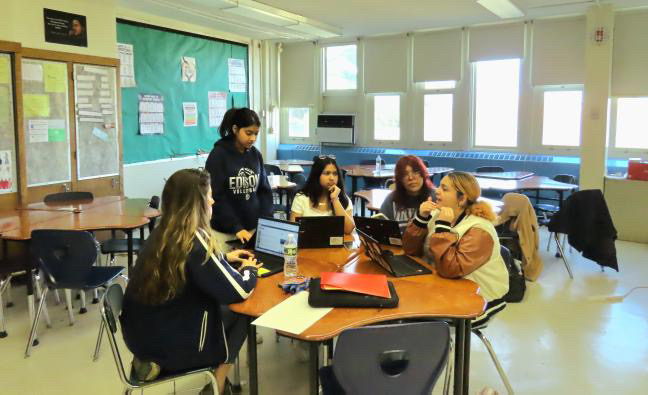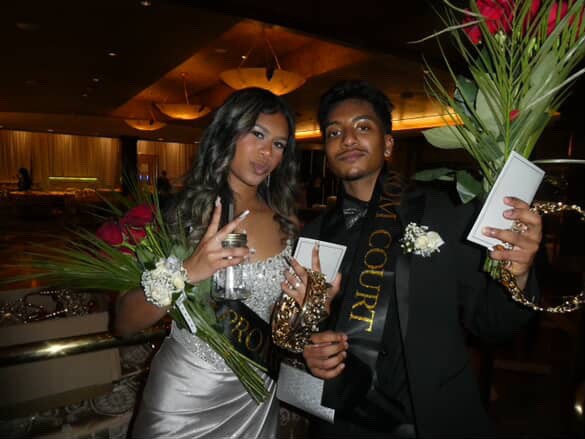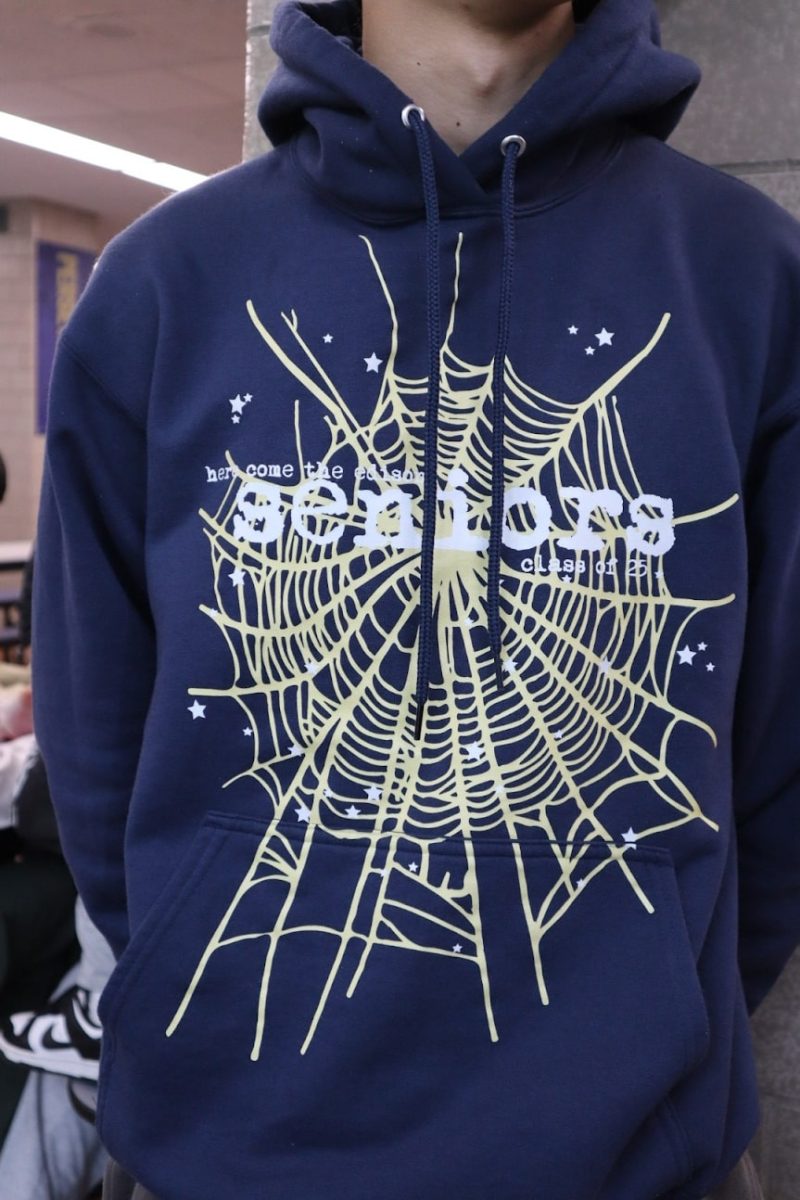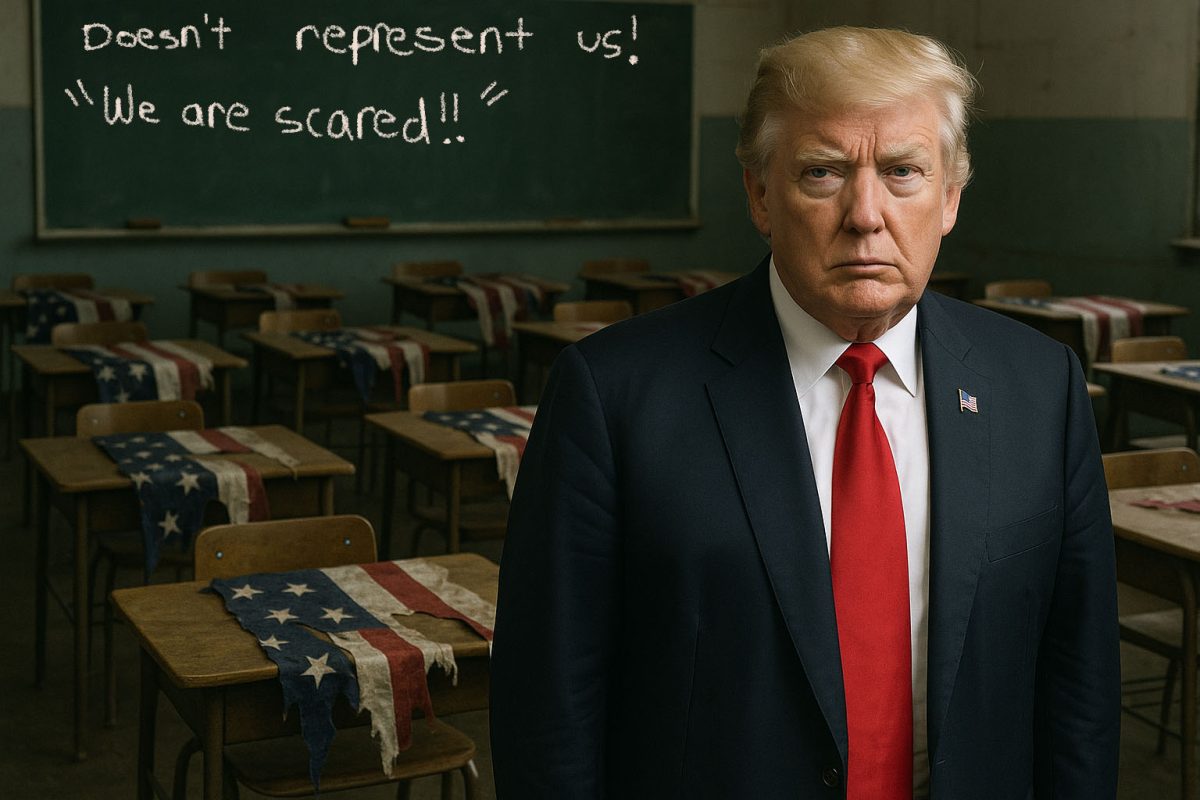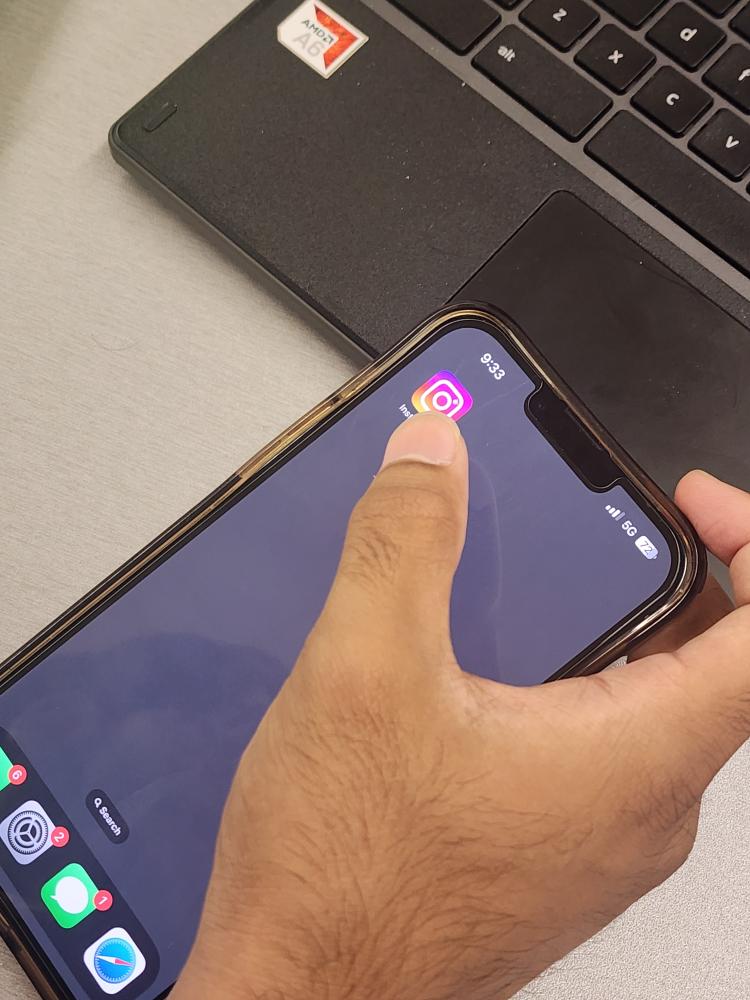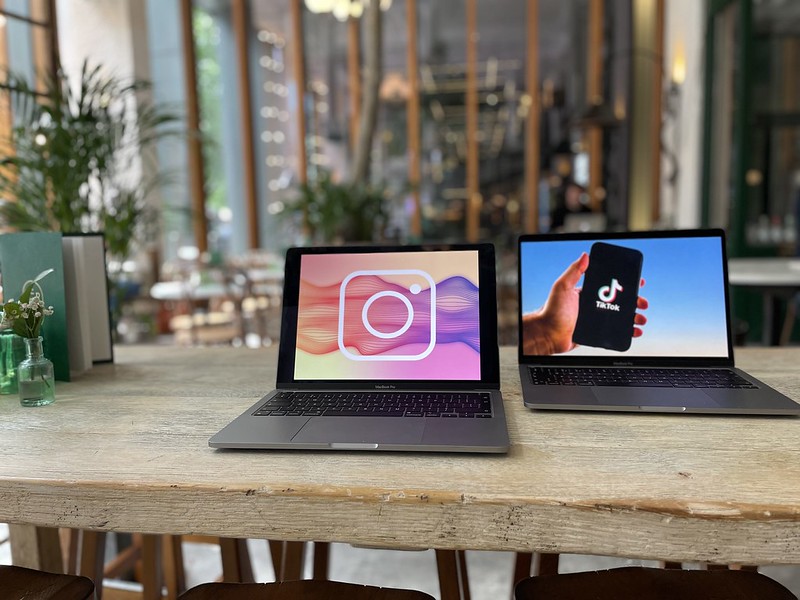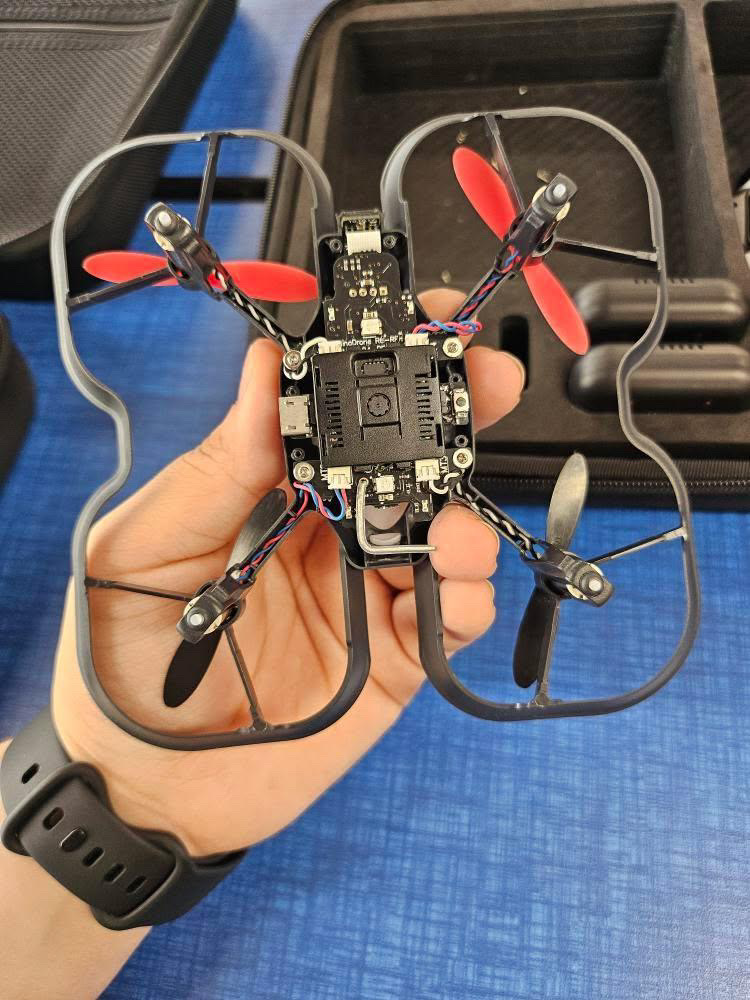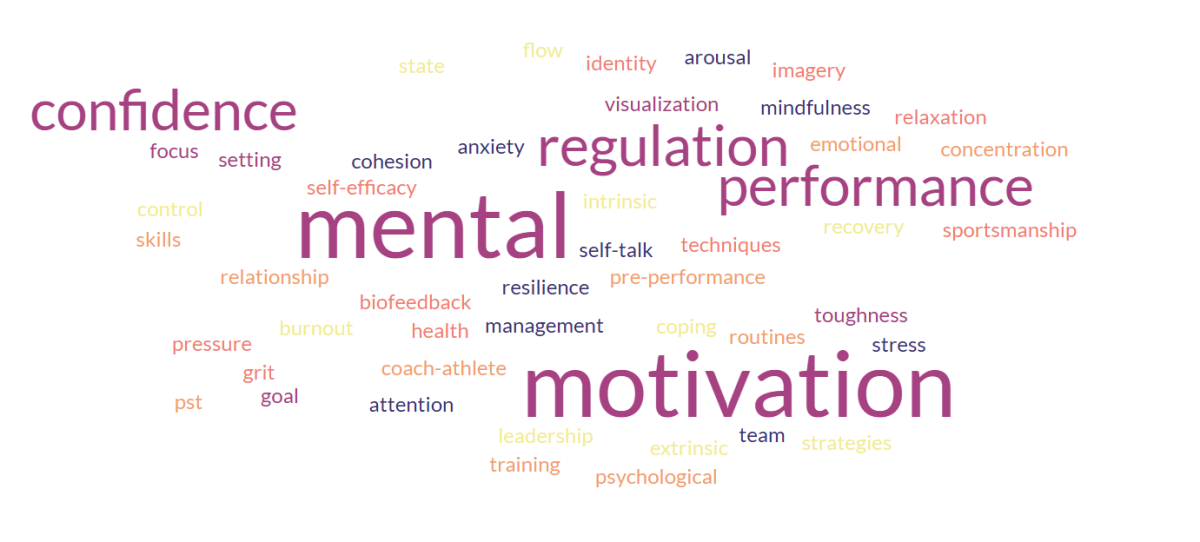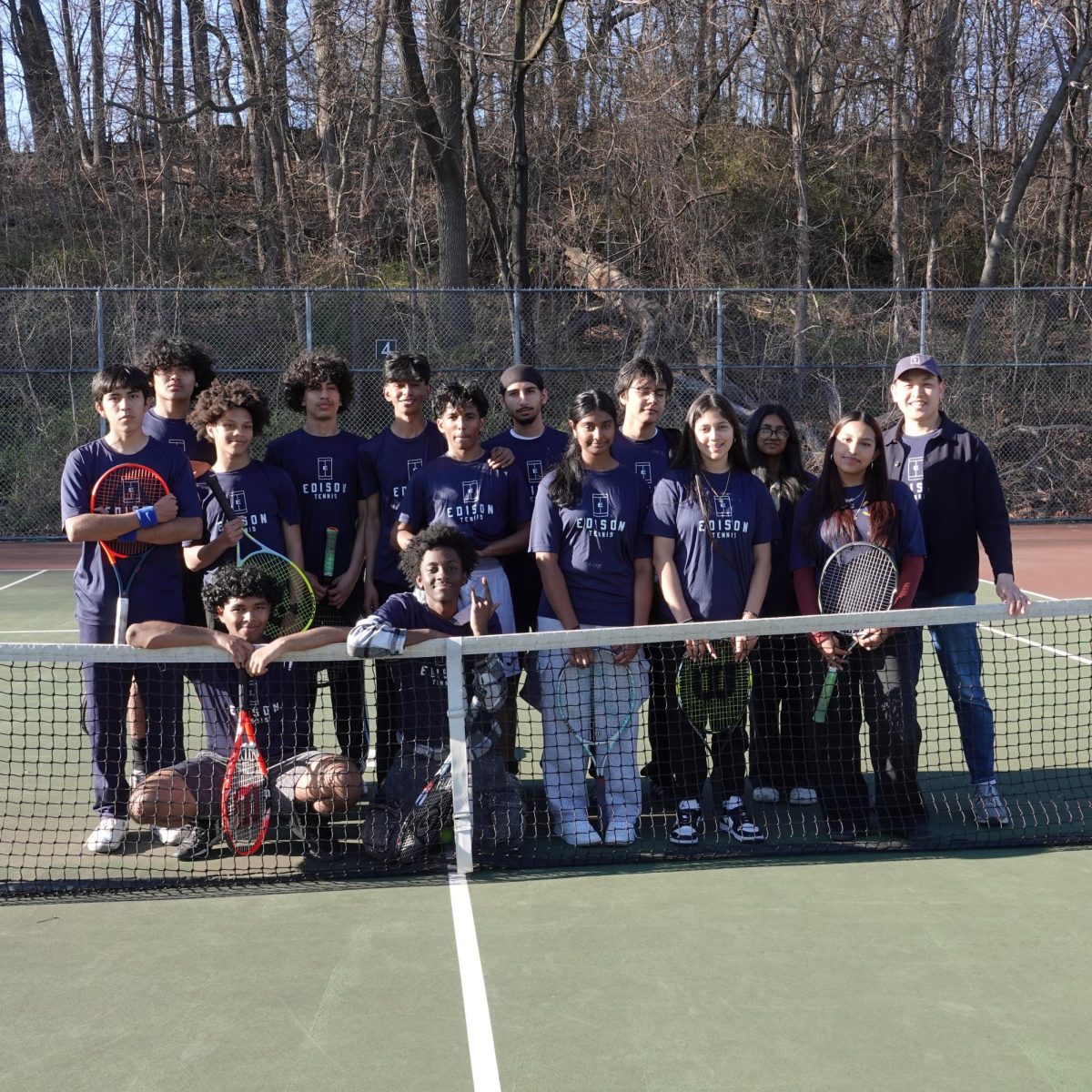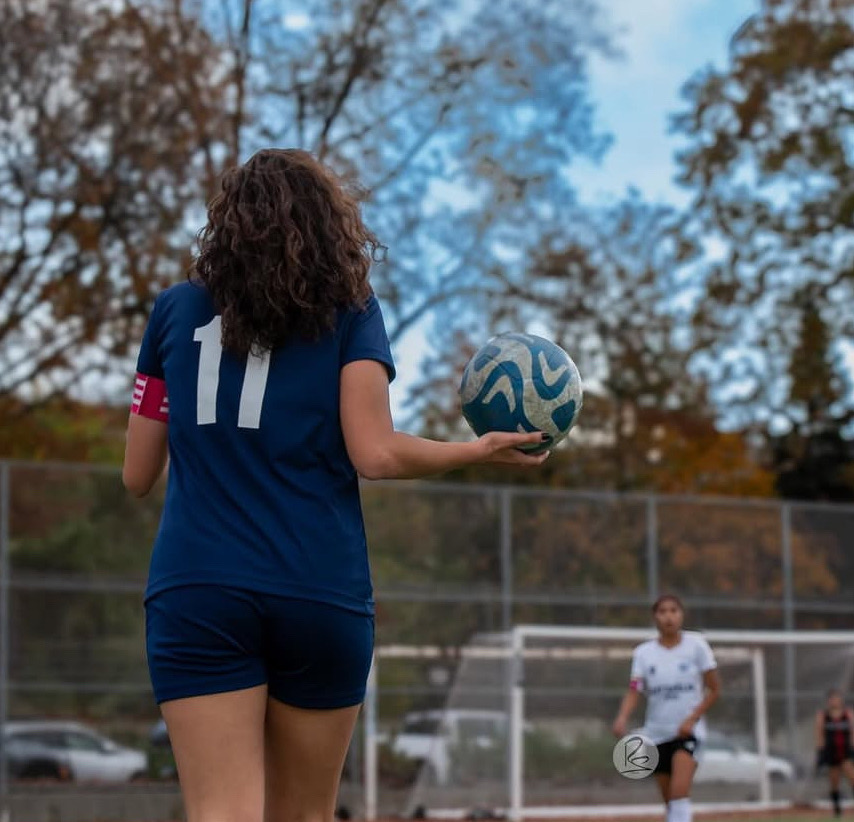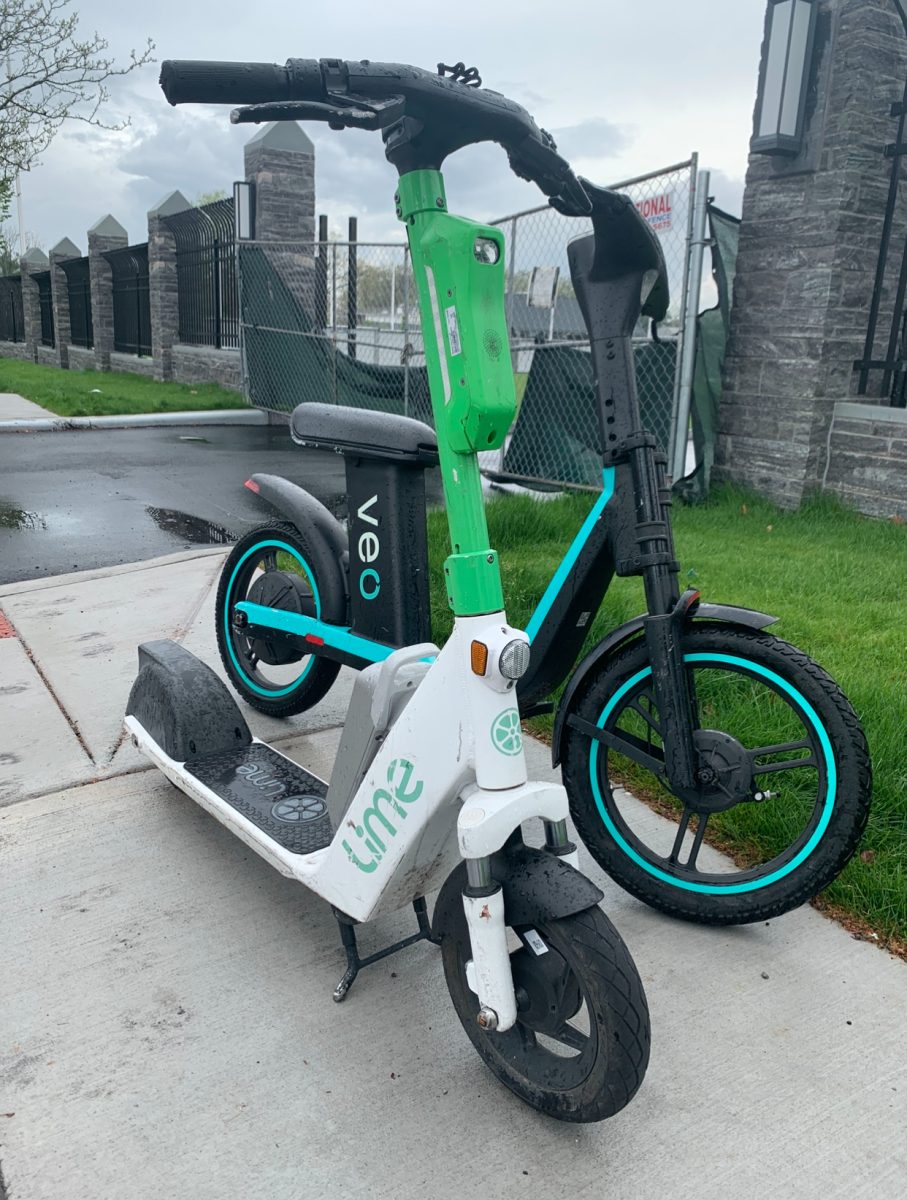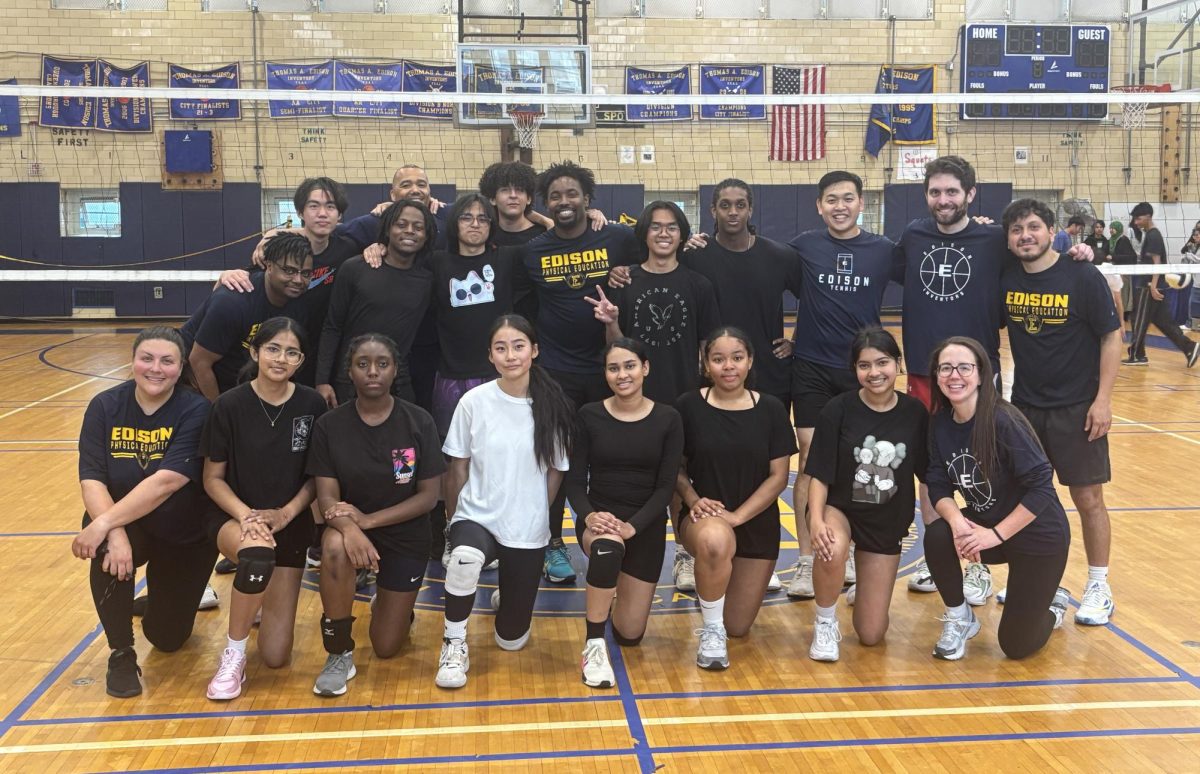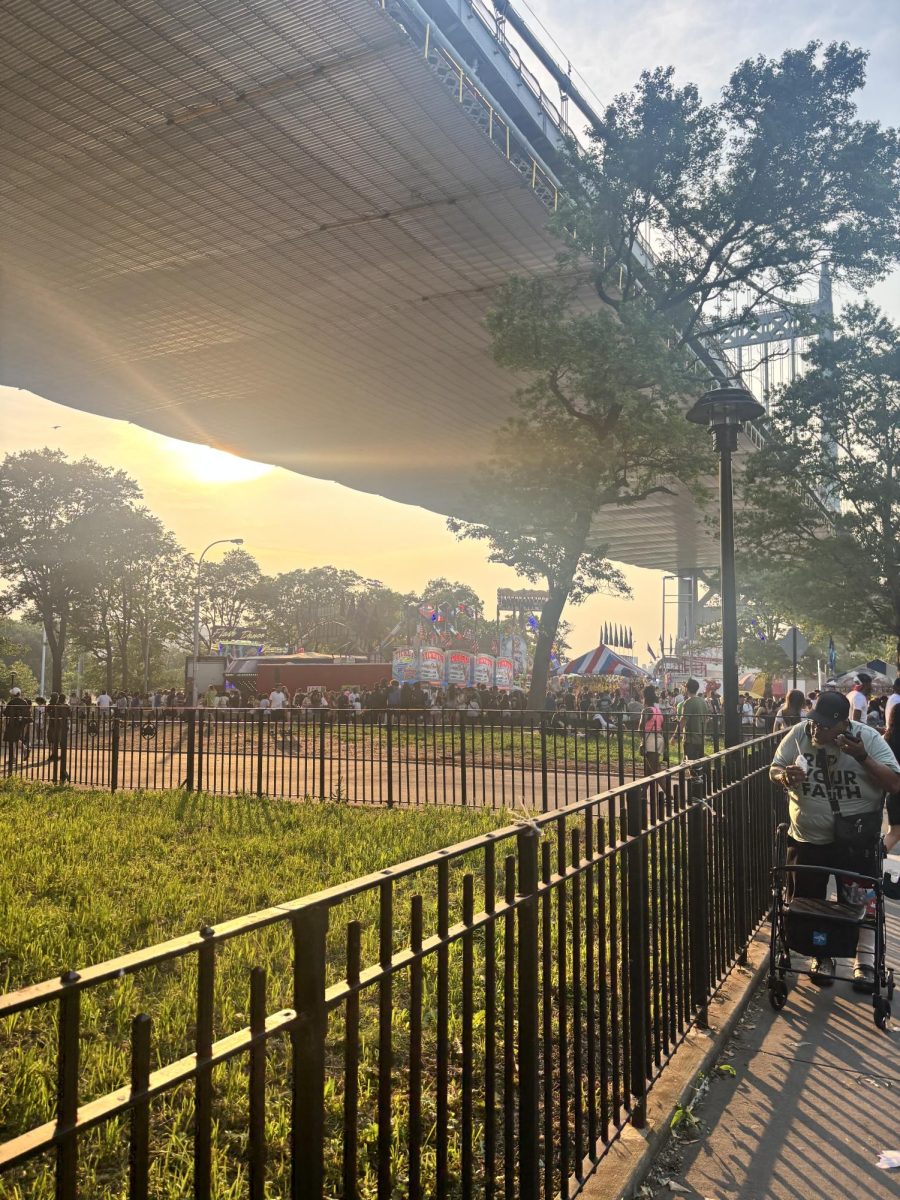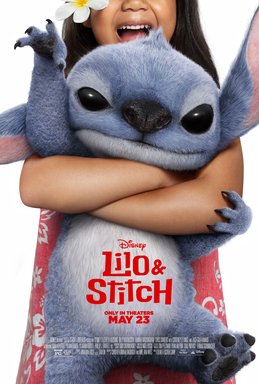Teenagers at high schools all throughout the nation are talking about the recent TikTok ban. Millions of users create and share films every day on the well-known social media platform, which has become an indispensable part of adolescent life. Because of TikTok’s quick rise to fame and the culture it has created, the US government tried to censor the app. What this means for their usage of social media and their right to free speech has many TikTok users scratching their heads.
I spoke with a few of my peers to better understand how high schoolers feel about the ban. Johana Prince, a current senior at Thomas A. Edison CTE High School, expressed she was “really upset” at the prohibition and how it made her feel like the government was “taking away something that we love.” She noted that losing TikTok would be a “huge blow” to her social life because it allowed her to communicate with friends and express herself creatively.
Delicia Wiggins, another Edison senior, had a different viewpoint. She acknowledged that she understood the reasons for the ban—national security and data privacy—but expressed concern about the example it would create for other social media platforms. She questioned, “If they can ban TikTok, what’s to stop them from banning other apps in the future?” She also expressed worry about how the ban would affect US-China relations and whether it would result in increased tensions between the two countries.
Other kids, who were not recorded, felt differently about the prohibition. Some people expressed their sadness at TikTok’s demise while vowing to find new platforms to communicate with friends and share videos. Others claimed that they didn’t care about the ban and that they didn’t use TikTok frequently enough to be impacted.
Overall, it appears that teens’ reactions to the TikTok ban have ranged widely. While many people are angry and frustrated about losing a cherished app, others are more worried about the ban’s wider ramifications. Some people are even taking the ban as an opportunity to assess how much of a role social media plays in their life and whether they should be more careful with their online behavior.
Regardless of their opinions on the ban, it’s critical that we continue to have honest and open discussions about the issues that are important to us as we navigate this unsettling moment.
The TikTok ban has also sparked debate about how social media and national security are related. While some contend that the ban is essential to safeguard US interests, others are concerned that it sets a bad precedent and may result in future limitations on the right to free speech and expression.
One thing for sure, is that the future of social media is uncertain in light of the ban’s potential long-term effects. What other social media apps are up for debate, if any?

